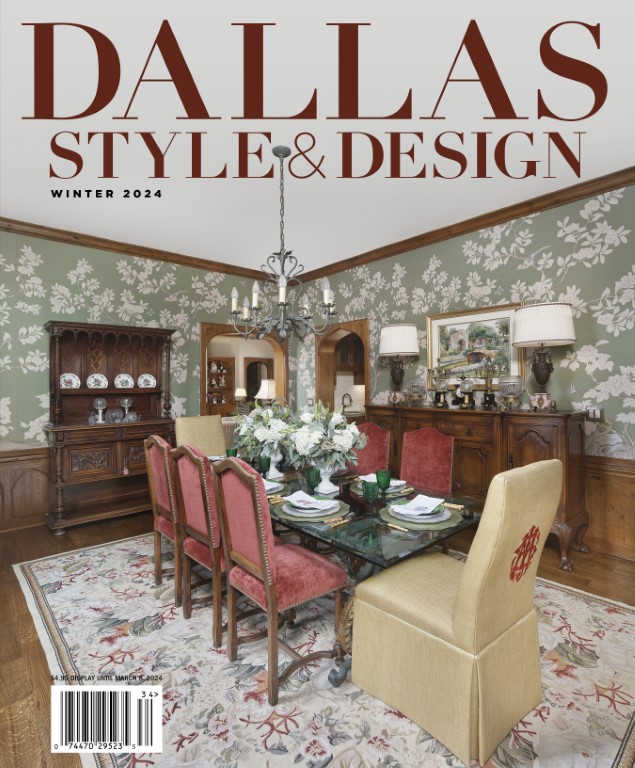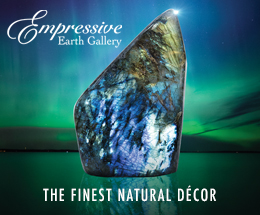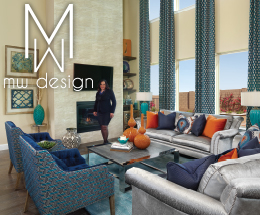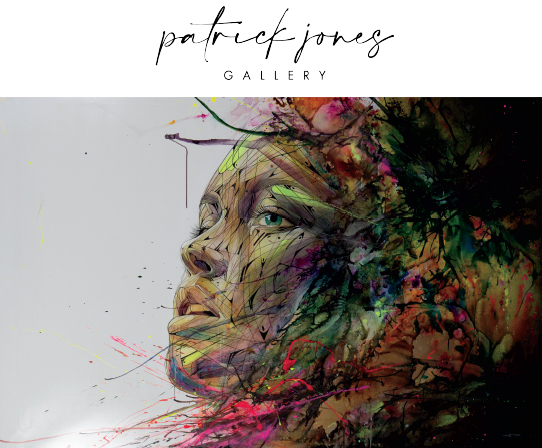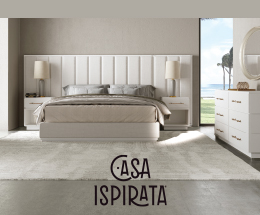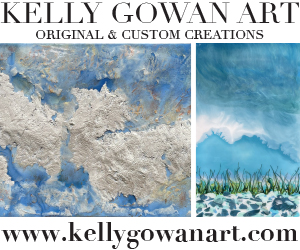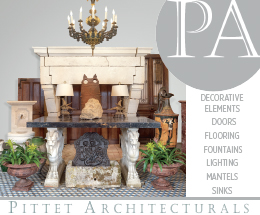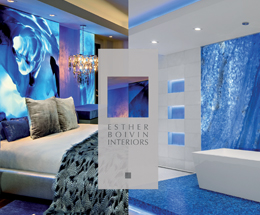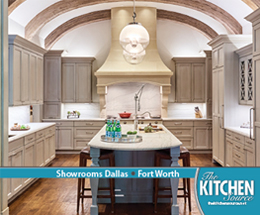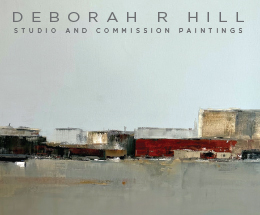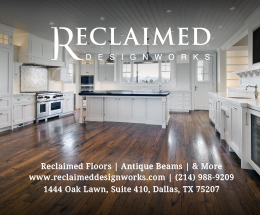Most Dallasites have probably seen Tony Collins’ work, whether they know it or not. It can be found scattered across the city, and around the world, in popular restaurant chains like Chili’s, On the Border and Dickey’s Barbeque, to name a few. Though his most prominent work is one of Dallas’ most iconic figures—the red-winged Pegasus at the corner of Lamar and Young streets, in front of the Omni Dallas Hotel.
Collins painted 154 original works for the Omni. Through that project he met Jeremy McKane, who was working with Matthews Southwest and Dallas’ Office of Cultural Affairs, and McKane knew Collins was the one to get the original Pegasus restored and back into public view at the Omni.
In addition to creating the rotating base, Collins was tasked with installing the restored Pegasus in its visible new spot. In 2015, Collins fabricated the derrick and rotating structure that now supports Dallas’ favorite attraction. It has become an ongoing project, as Collins is still responsible for keeping the Pegasus in tip-top shape,
The Pegasus was originally stationed at the top of the Magnolia building on Commerce Street, where it was the emblem for the Dallas-based Magnolia Oil Company, which would morph through various iterations into Mobil Oil and then ExxonMobil.
“I love history and what the Pegasus means to the city and the people of Dallas,” Collins says. “I’ve always felt very connected to Pegasus. As a teenager, I painted a Pegasus on the gas tank of my first Honda motorcycle—both symbols of freedom and strength.”
In addition to completing this high-profile public work, Collins fulfills a broad array of commissions within different media, including creating custom light fixtures, metal displays and installations for commercial and residential spaces, in addition to making paintings, drawings and digital artwork. He dabbles in it all; there’s even a coffee mug with his original design for sale on his website, along with a Pegasus ornament.
Now included in Collins’ multitude of offerings are prints, an area into which Collins has recently expanded.
“People from all walks of life love art. [But] not everybody can walk in the door to a gallery and pay $10,000, $5,000 or even $500 for an original piece of art,” says Collins. “I felt sad when someone really liked something, but couldn’t afford it. Now, by offering prints of my work, we make it available to more people, and it benefits us, because we can sell something more than once.”
It’s impossible to put Collins in a box; his background is even more varied. He says he was always interested in art, and after college in England, he started an auto body shop. It was there that Collins learned to weld, while working on classic cars, and honed his metalworking skills. After immigrating to the United States, he began his custom metal business, making store fixtures and furniture, which has evolved into art and lighting.
“I’ve always worked with a variety of media. I enjoy the engineering challenges of metal and sculpture, and the spontaneity of abstract painting and drawing. Lately, I’ve really enjoyed working in a digital mode,” he says. “It’s hard to pick a favorite, but I guess I’d have to say oil painting. I’m thankful to have the skills and opportunities to work in different areas.”
Despite his origins—Tony was born in Australia and grew up in the United Kingdom—he’s as local as it gets. “Almost everything we sell is handcrafted right here in our studio, located in the thriving Cedars artistic community, just south of downtown Dallas,” he says. “We’re a ‘Shop Local’ gallery. We want people to be able find something cool that they love, that was made right here in our shop; whether they’re looking for a large-scale original oil painting, a one-of-akind light fixture or a small print for an apartment.”
Alaena Hostetter is a Dallas-based journalist who writes about all of her favorite things: art, fashion, culture, music, entertainment and food.

